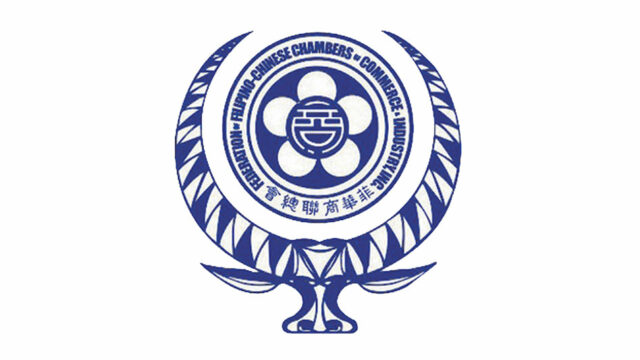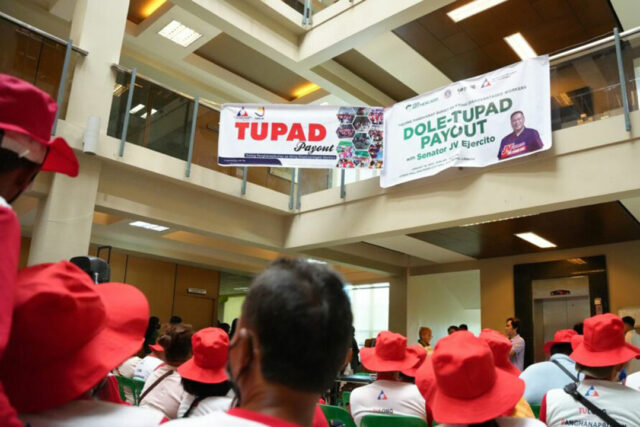By Aubrey Rose A. Inosante, Reporter
The Federation of Filipino-Chinese Chambers of Commerce and Industry, Inc. (FFCCCII) said recent reforms to the tax audit process at the Bureau of Internal Revenue (BIR) send a positive signal to global investors.
FFCCCII President Victor T. Lim said the group welcomes the “positive reforms” in the BIR designed to curb the misuse of Letters of Authority and related audit instruments, which are documents issued to revenue officers authorizing them to inspect company books.
“Secretary Go’s decisive action transcends mere procedural adjustment; it is an investment in confidence itself,” Mr. Lim said in a statement Tuesday, referring to Finance Secretary Frederick D. Go..
Mr. Go said the Department of Finance is seeking to limit the number of BIR offices authorized to issue letters, and will create a centralized digital platform to verify the authenticity of these LoAs and mission orders.
BIR Commissioner Charlito Martin R. Mendoza had ordered the suspension of field audits in November, which require the issuance of such documents.
“By instituting greater transparency and accountability in tax audit processes, we protect the integrity of our institutions and fuel the confidence that leads to job creation, innovation, and shared national progress,” Mr. Lim said.
The group said investor morale is boosted by fair play and clear rules, but arbitrary enforcement undermines confidence and growth.
FFCCCII also flagged practices such as audits that exceed their scope, overlapping investigations, and weak digital traceability in regulatory issuances as sources of uncertainty that discourage compliance and capital inflows.
Mr. Go’s move addresses these issues, reinforcing due process and accountability in state power, it said.
“These reforms are also a powerful signal to the international investment community. They demonstrate the Philippines’ commitment to evolving as a rules-based, predictable, and fair destination for capital,” it said.
“Protecting investors—foreign and domestic alike—from arbitrary administrative actions is not a concession; it is a cornerstone of competitive modernity and a prerequisite for long-term economic partnerships.”
Philippine Exporters Confederation, Inc. President Sergio R. Ortiz‑ Luis said he hopes the BIR will address the selective issuance of LoAs and reduce the overall number of issuances.
“From my point of view as an exporter, the LoA issue has been addressed, I hope it does not come back after December’ maybe there could be duplication of issued LoAs. I hope there is only one LoA issued,” Mr. Ortiz-Luis said by phone last week.
Mr. Go also said the government is seeking to the frequency of LoAs issued to once a year.
“Sometimes, the issuance of LoAs seems selective, with the same ones targeted year after year, and even different BIR branches issuing them. I hope this will be addressed,” he added.
Mr. Ortiz‑ Luis a recovery in investor confidence will depend on the government showing resolve in addressing corruption in infrastructure projects.
“First and foremost, confidence can be regained if there is a showing… that it can solve this problem of corruption which obviously is not doing very well now,” he said.
“The year is about to end, and they’re still waiting for the masterminds. Nothing clear has come out yet on whether they will be charged or not,” he added.
British Chamber of Commerce Philippines Executive Vice Chairman Chris Nelson said it may be challenging to improve investor confidence in 2026.
“I think what we have to see is a clear movement forward which the government should try to do,” he said, describing the flood control mess as “floodgate,” a reference to the Watergate political scandal that brought down US President Richard M. Nixon.
Mr. Nelson also said that passage of key legislation, such as a general tax amnesty, and continued outreach and engagement may encourage investor confidence.












